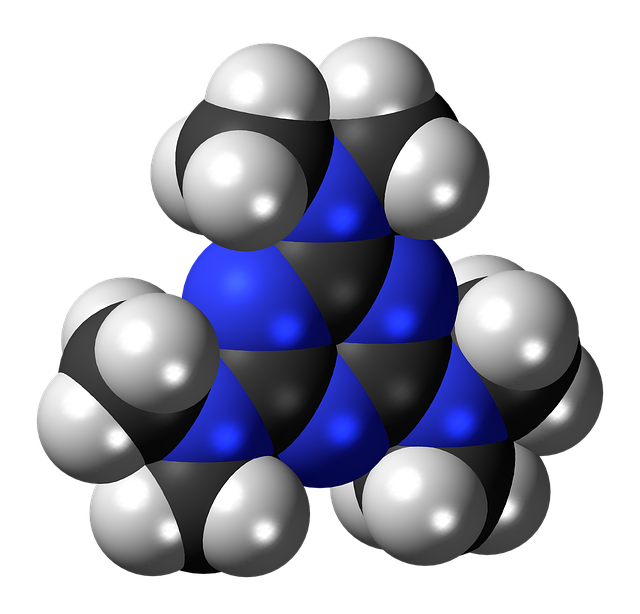Pharmacology Notes
ANTICANCER DRUGS
Cancer cells have lost the normal regulatory mechanisms that control cell growth and multiplication.
What is Cancer?
• Cancer cell have lost their ability to differentiate (that means to specialize). Cancer refers to any one of a large number of diseases characterized by the development of abnormal cells that divide uncontrollably and have the ability to infiltrate and destroy normal body tissue. Cancer often has the ability to spread throughout your body.
Types of Cancer?
• Benign cancer cell stay at the same place
Malignant cancer cells invade new tissues to set up secondary tumors, a process known as metastasis
Causes of cancer
Common Causes of Cancer:
Smoking and Tobacco. Diet and Physical Activity. Sun and Other Types of Radiation. Viruses and Other Infections
• Chemicals causing cancer are called mutagens
• Cancer can be caused by chemicals, life style (smoking), and viruses
Gene mutations
A gene mutation can instruct a healthy cell to Allow rapid growth or Fail to stop uncontrolled cell growth or cells lose the controls (tumor suppressor genes) or even Make mistakes when repairing DNA errors
Definitions of cancer
genes that are related to cause cancer are called oncogenes.
Genes that become onogenic upon mutation are called protooncogenes.
General signs and symptoms of cancer
Unexplained weight loss
Fever
Fatigue
Pain
Skin changes
Darker looking skin (hyperpigmentation)
Yellowish skin and eyes (jaundice)
Reddened skin (erythema)
Itching (pruritis)
Excessive hair growth
Change in bowel habits or bladder function
Long-term constipation, diarrhea,
Sores that do not heal
White patches inside the mouth or white spots on the tongue
Unusual bleeding or discharge
Thickening or lump in the breast or other parts of the body
Indigestion or trouble swallowing
Recent change in a wart or mole or any new skin change
Nagging cough or hoarseness
Top 10 Anti Cancer Drugs
anti cancer drugs list ppt pharmacology
List of Anti cancer Drugs
ALKYLATING AGENTS:
BUSULFAN
CARMUSTINE (BCNU)
CYCLOPHOSPHAMIDE
DACARBAZINE
LOMUSTINE (CCNU)
MECHLORETHAMINE
MELPHALAN
THIOTEPA
NATURAL PRODUCTS
BLEOMYCIN
DACTINOMYCIN
DAUNORUBICIN
DOXORUBICIN
ETOPOSIDE (VP-16)
IRINOTECAN
MITOMYCIN C
PACLITAXEL
VINBLASTINE
VINCRISTINE
MISCELLANEOUS:
Angiostatin
AMSACRINE
L-asparaginase
Bortezomib
CARBOPLATIN
CISPLATIN
Erlotinib
Gefitinib
Hydroxyurea
Imatinib
Pentostatin
PROCARBAZINE
Thalidomide
ANTIMETABOLITES:
Azathioprine
5-fluorouracil
6-thioguanine
6-mecaptopurine
Cytarabine (ara-c)
Gemcitabine
Methotrexate
IMMUNOTHERAPY:
Alemtuzumab
Aminoglutethimide
Bevacizumab
Cetuximab
Cyclosporine
Dexamethasone
Edrecolomab
Gemtuzumab
Ibritumomab
Interferon α
Interleukin 2
Interleukin-12
Prednisone
Rituximab
Tacrolimus (fk506)
Tositumomab
Trastuzumab
Tumour necrosis factor α
HORMONES and RELATED AGENTS:
Aminoglutethimide
Anastrozole
Exemestane
Flutamide
Letrozole
Goserelin
Leuprolide
Letrozole
Tamoxifen
SUPPORTING AGENTS:
Allopurinol
Erythropoietin
Filgrastim
Interleukin 11
Leucovorin
MESNA
Sargramostim (GM-CSF)
anti cancer drugs ppt pdf notes b pharm m pharm medicos d pharm pharmacology
Pharmacology anti cancer drugs ppt pdf notes b pharm m pharm medicos d pharm
anti neoplastic anti cancer drugs ppt pdf notes b pharm m pharm medicos d pharm
Anticancer drugs pharmacology pdf anticancer drugs list pdf classification of anticancer drugs wikipedia anticancer drugs classification ppt classification of anticancer drugs with mechanism of action classification of anticancer agents anticancer drugs classification mnemonics top 10 anti cancer drugs.

